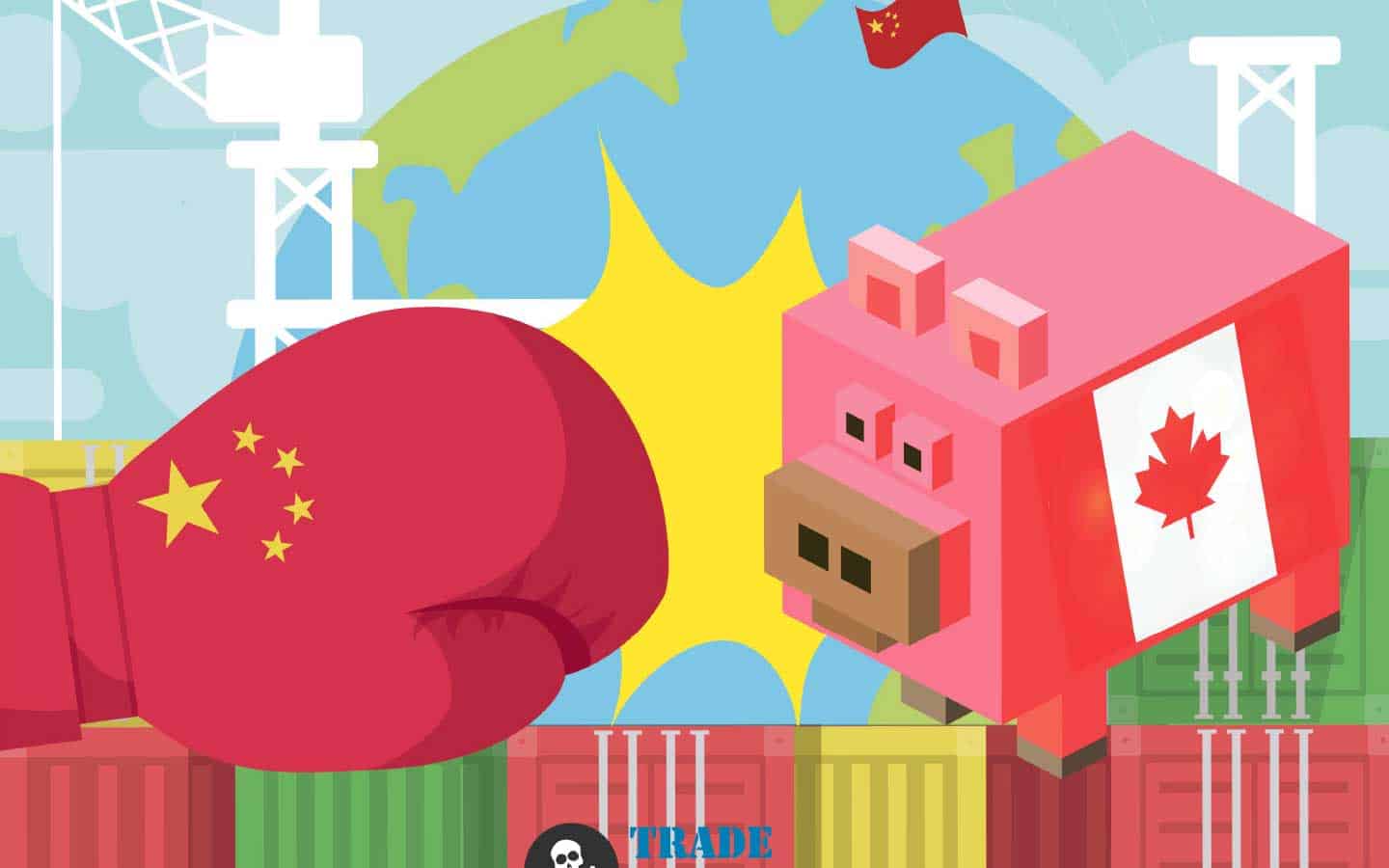;
;
;
Next Article
WCS drives for something new with golf tournament

Canadian producers are hoping for a swift resolution to the country’s latest trade dispute with China after a ban was imposed on all pork and beef from Canada. Though the ban comes amidst wider political and trade disputes between the two nations, producers are keen not to see their livelihoods drag
Last updated on May 03, 23
Posted on Jul 18, 19
3 min read
